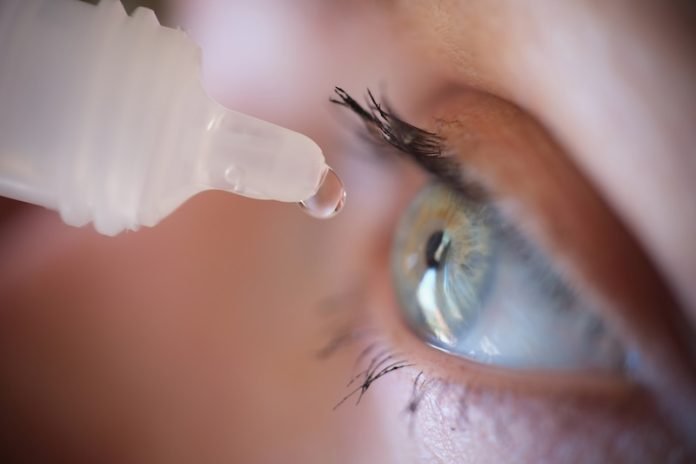
A groundbreaking study suggests that a biofeedback technique focusing on pupil size can effectively lower stress levels.
Published in Nature Human Behavior, this research reveals the potential of pupil-based biofeedback as a tool for stress and anxiety management.
The study, led by Nicole Wenderoth, professor at ETH Zurich, explores the connection between pupil size and the brain’s state of arousal.
The locus coeruleus, a small nucleus in the brainstem, plays a key role in this relationship by regulating arousal through the neurotransmitter noradrenaline. The dilation of pupils indicates heightened arousal or stress, while constriction signifies relaxation.
KEY FINDINGS:
- Volitional Control of Pupil Size: The study trained 27 subjects to voluntarily control their pupil size using mental relaxation and activation techniques, such as focused breathing and visualizing stressful scenarios.
- Effective Biofeedback: Subjects received real-time feedback via a screen displaying a circle that expanded or shrunk in response to their pupil size changes. This visual cue helped them understand and control their state of arousal better.
- Brain Activity Correlation: Magnetic resonance imaging revealed that voluntary changes in pupil size correlated with activity changes in brainstem areas regulating arousal.
- Physical Relaxation Indicators: The experiment also showed that successful pupil control led to physical relaxation or arousal, as evidenced by changes in heart rate.
The study’s findings suggest that by controlling pupil size, individuals can effectively manage their stress levels. The researchers have developed a VR-based system that provides real-time feedback on pupil size, making the technique more accessible and user-friendly.
This research is a collaboration between ETH, University Hospital of Psychiatry, and University Hospital Zurich. The team has established a spin-off, Mindmetrix, to commercialize this technology.
This development represents a significant advancement in biofeedback techniques, offering new avenues for treating stress- and anxiety-related disorders.
If you care about health, please read studies that vegetarian diet may increase your depression risk, and Vitamin D could help reduce depression symptoms.
For more information about health, please see recent studies that ultra-processed foods may make you feel depressed, and these antioxidants could help reduce the risk of dementia.
The research findings can be found in Nature Human Behavior.



